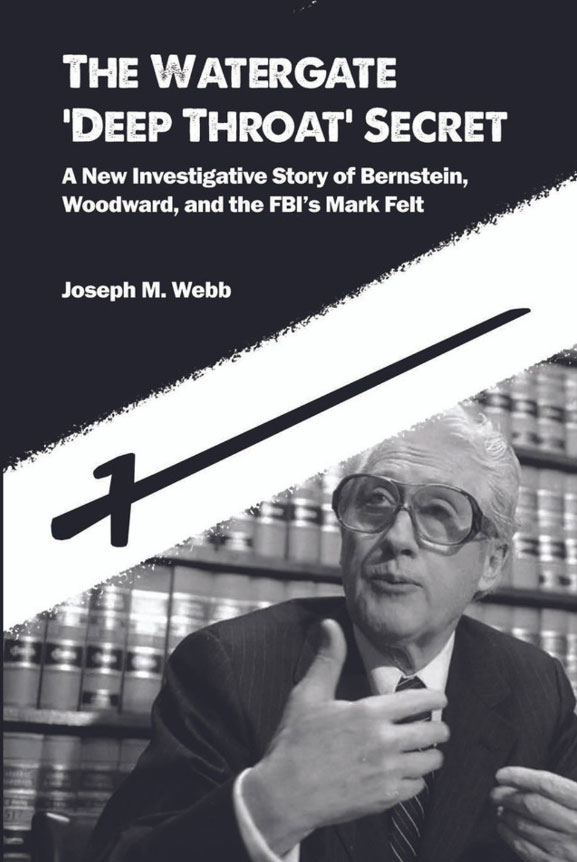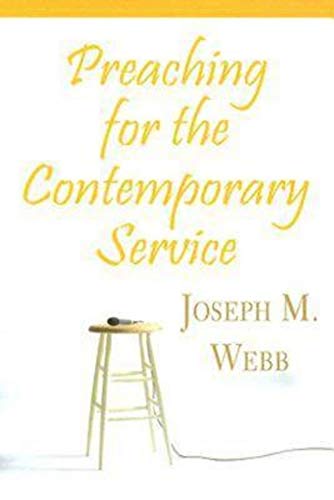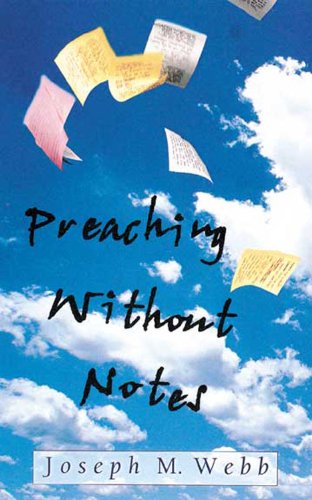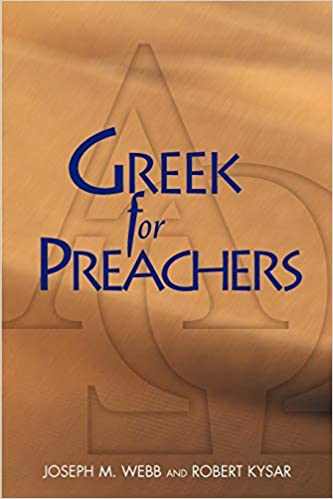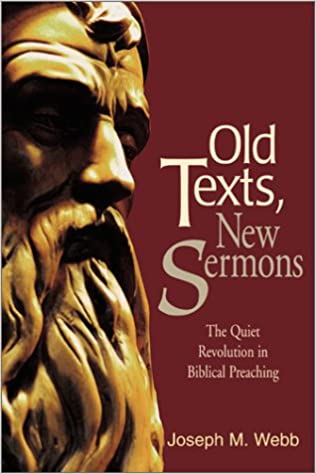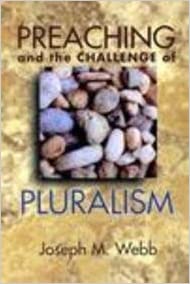The Watergate 'Deep Throat' Secret: A New Investigative Story of Bernstein, Woodward, and the FBI’s Mark Felt
Publish Date: December 17th, 2022
The Watergate era, that 1970s decade of Nixon, Woodward and Bernstein, gave us also that strange character with the obscene moniker, DEEP THROAT—an unidentified character for more than thirty years. This book is, in short, the story of DEEP THROAT; not only who he was—he was quite real—but the politically obscene things he did from his Number Two position within the FBI itself. DEEP THROAT was, in fact, Mark Felt, the FBI’s feared “hatchet man,” a powerful role that he played with glee and panache.
What emerges in these pages is a highly original story, one filled with new Watergate research and observations. Here, too, are serious challenges to the truthfulness of the famous Woodward/Bernstein (and Robert Redford) book and movie, All the President’s Men. These pages also include a remarkable assortment of declassified FBI documents about the Watergate break-in and its aftermath, documents replete with examples of Mark Felt’s grotesque FBI “signature”—a large, saber-shaped capital “F,” which, in Felt’s case, could stand for many things.
As a journalist and journalism professor for more than 50 years, the author of this book began his Watergate research even as the events of that era were unfolding in the ‘70s. Webb, Woodward and Bernstein are the same age and were prominent newspaper reporters at the same time—they in Washington DC and he in Chicago and the Illinois state capitol. Webb, who has two doctorate degrees and a dozen earlier books, has collected, analyzed and documented volumes about the Watergate story over all the years since it began.
For anyone not yet acquainted with the Watergate past, this book is a rich feast indeed. Anyone interested in American politics will become caught up in Watergate’s chicanery, its conniving, its cowardice, its cruelty, its very public lies and deceits, its villains along with a few heroes. As you read these pages, you, too, will get caught up in this provocative Great American DEEP THROAT Story.
Preaching for the Contemporary Service
Publish Date: September 1st, 2010
Preaching for the Contemporary Service is a guide to releasing the energy and creativity of the contemporary worship service within the sermon. Is the traditional sermon still relevant in contemporary worship settings or is it hopelessly out of place? Joseph Webb shows how improvisational preaching taps into the spontaneity of today's worship to engage audiences with the good news of Jesus Christ.To read a sample from the book click here"Joe Webb grieves that much contemporary worship yawns at traditional preaching and pleads for a new kind of improvisational preaching that does justice to the biblical story and connects emotionally with today's listeners. Carefully explaining both strengths and dangers of improvisation, he draws on insights from theater and movie-making with much practical advice for planning improvisation. A lively and stimulating book to be taken seriously by any who would preach in contemporary services."
Preaching Without Notes
Publish Date: August 1st, 2008
In this important book, Webb makes two central claims. First, that effective preaching without a manuscript is not a matter of talent as much as it is a matter of preparation. Preachers can learn the practices and disciplines that make it possible to deliver articulate, thoughtfully crafted sermons, not from a written page, but as a natural, spontaneous act of oral communication. Throughout the book, the author offers specific examples including a transcript of a sermon preached without manuscript or notes. Second, that the payoff of learning to preach without a manuscript is nothing less than sermons that more effectively and engagingly give witness to the good news.
Greek for Preachers
Publish Date: August 1st, 2002
A knowledge of basic Greek grammar can illuminate scripture passages for preachers seeking a better understanding of the Bible and fresh perspectives for faithful sermons. Joseph Webb and Robert Kysar review rudiments of New Testament Greek with specific attention to how preachers can use their growing knowledge of Greek to integrate linguistic and exegetical insights in ways that are faithful to the sermon without overwhelming the listeners.
